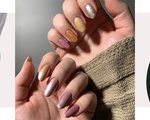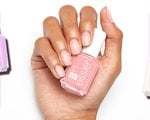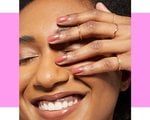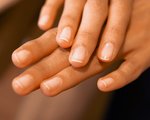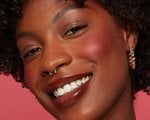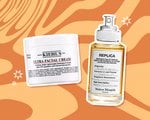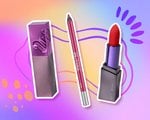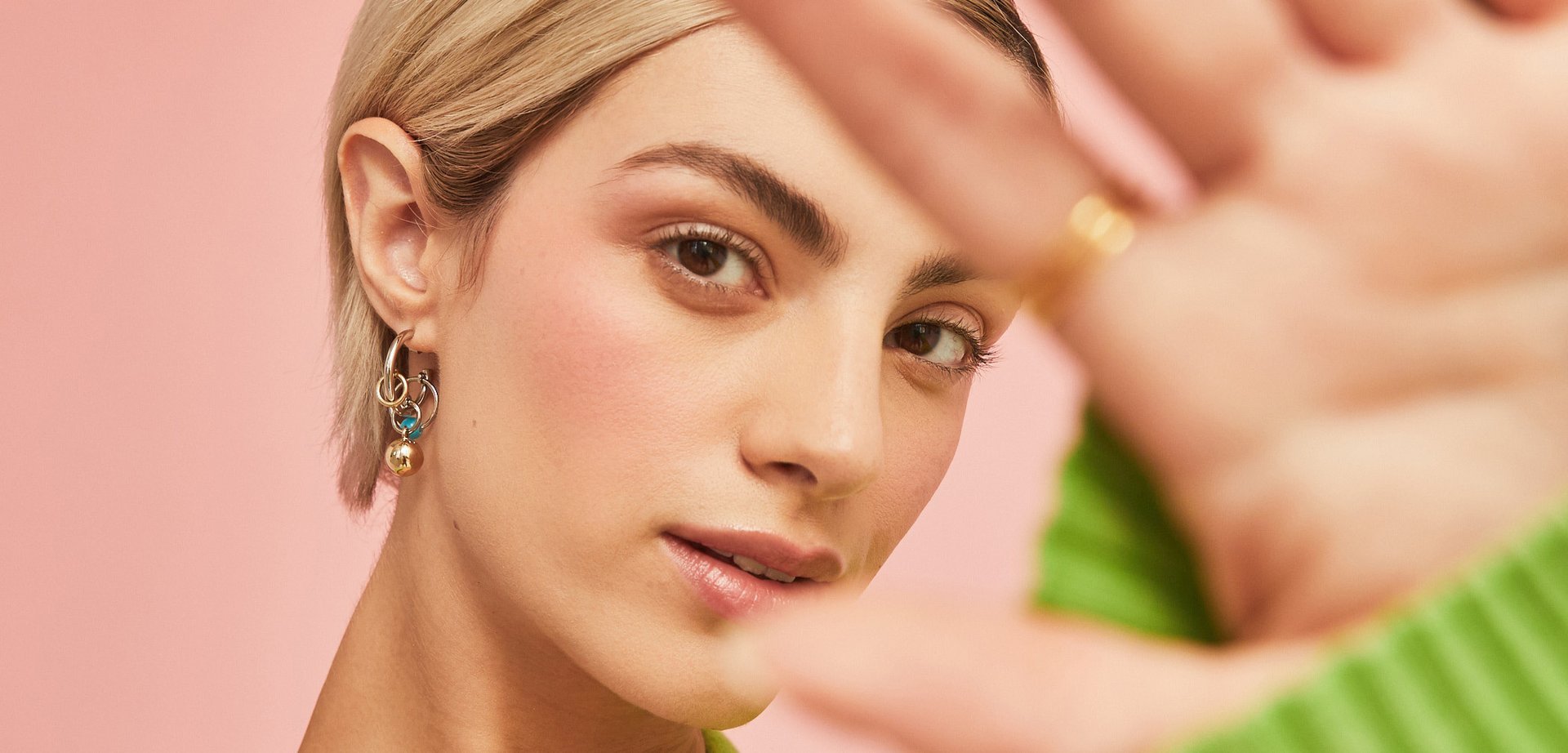5 Ways to Get Rid of an Itchy Scalp if You Have Locs
July 21, 2022
What Causes an Itchy Scalp if You Have Locs?
There are a few culprits that can cause an itchy scalp. The first is excessive dryness. The second is mildew, and the third is product buildup that’s stuck to the base of the loc.
“A dry scalp will itch, as will a scalp where the hair has been allowed to air dry but some spots remain wet,” says Pritchett. Not completely drying your locs after a wash can cause mildew, which leads to itchiness. Certain protective styles, like cornrows, can also cause itchiness. Pritchett says this happens either because dead skin cells, sebum or dust become trapped at the root, or because the style is too tight and the follicles are inflamed.
“If the locs are unclean or if there is mildew due to spotty drying, there will be an odor and itchiness,” says Pritchett. “Normally, there isn’t an odor if there is excessive dryness.”
If you’re experiencing itchiness and flakiness, the issue may be due to product buildup. “Some people naturally have dandruff due to dry scalp, but often it's product buildup creating the flakes,” she says. “Eliminating products that are heavy or creamy will reveal if you really have a dandruff issue or not.”
What to Do if You Experience Itchy Scalp With Locs
Dry Your Locs Fully After a Wash
To avoid mildew, make sure you are fully drying your locs after a wash. “Using a hooded or bonnet dryer works best to make sure your locs are completely dry,” says Pritchett.
Use a Clarifying Shampoo
One of the best ways to prevent product buildup is to use a clarifying shampoo. Try the Carol’s Daughter Monoi Repairing Supersize Sulfate-Free Shampoo, which the brand notes as being a formula that helps effectively cleanse residue in locs without stripping hair of its natural oils.
Don’t Overwash Your Locs
Overwashing is one of the biggest causes for a dry, itchy scalp.
“If you have just started your locs and they haven't loc'd together, you shouldn't wash your hair often,” says Pritchett. If you’re in the first year of your locking process, Pritchett recommends washing two times a month so that you don’t cause the locs to unravel. Otherwise, you can likely wash your locs every week — but know that ultimately, you should use your own discretion depending on the look and feel of your locs.
Try an Astringent
“An astringent removes excess oils, skin and buildup from the scalp,” says Pritchett. Astringents are great to use between wash days if you have an oily scalp, dandruff, itchiness or lead an active lifestyle.
“If you have an active lifestyle and sweat a lot, definitely give your locs a good rinse in the shower and use an astringent down each section of your scalp to gently cleanse,” she says. The Dr. Locs Pre-Cleanse is great for this because it’s an anti-buildup solution formulated with sea salt, apple cider vinegar, jojoba oil, tea tree oil, witch hazel, eucalyptus oil and rose water to cleanse without stripping the scalp of its moisture.
Use a Scalp Massaging Tool
It’s imperative not to scratch if you’re experiencing itchiness because it can damage the root of the loc. Instead, Pritchett recommends using a scalp massaging tool that can reach under the base of your locs and can lift product buildup or dandruff without breaking or interrupting the locking process.








